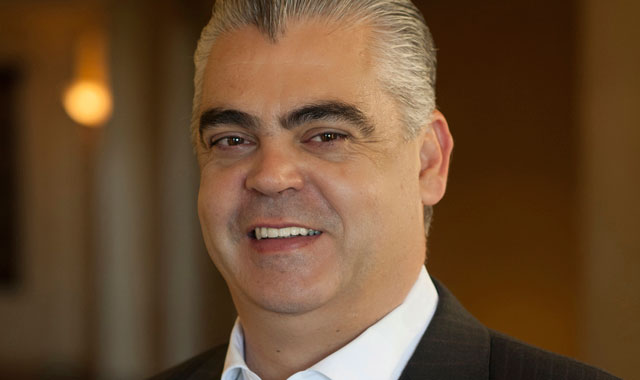
Cell C’s full financial results, for the six months ended June 2016, provide detailed insight into the performance of South Africa’s third largest mobile telecommunications operator for the first time.
The numbers are contained in a circular published this week by JSE-listed Blue Label Telecoms, which is acquiring a 45% stake in Cell C for R5,5bn. They show that Cell C is profitable — just — for the first time since it was launched 15 years ago.
But they also paint a picture of a business lumbered by debt and struggling to make headway against its bigger rivals.
Cell C has racked up accumulated losses of R26,4bn. Furthermore, it has debts totalling R29,6bn, of which R19,2bn is in the form of interest-bearing loans and borrowings. Net debt at the end of 2015 was a staggering R20bn, up sharply from R14,3bn in 2014.
The proposed restructuring, in which staff and management will take 25% of the operator’s equity, will see debt levels reduced to a “manageable” R8bn.
Cell C’s liabilities exceeded its assets by R12,2bn as at end-June 2016. But, it said, “funds will be available to finance future operations” and the “realisation of assets and settlement of liabilities will occur in the ordinary course of business”. In other words, management doesn’t believe it’s going to sink under the weight of debt.
The debt levels haven’t deterred investors in Blue Label, who have pushed its share price up sharply. Since the transaction was first announced in December 2015 — at the time, the plan was to acquire 35% of Cell C for R4,5bn — the share has more than doubled. It closed on Friday at R21,26/share, up almost 90% year on year and giving the company a market value of R14,3bn.
The deal, analysts say, gives investors another avenue — other than Vodacom, MTN and Telkom — to invest in South Africa’s telecoms industry.
Analysts point out that Vodacom is a well-run company, but growth is slowing, while MTN has faced significant challenges in the past year, not least the (reduced) R14,4bn fine imposed on it by Nigeria authorities.
MTN is facing other challenges in the West African country, its largest by customers and profitability, that make it a less attractive investment.
Institutional investors across the board have been burnt by the collapse in MTN’s share price, which this week flirted with its lowest levels since 2010 after law makers in Nigeria stepped up a probe into what they allege is the illegal movement of billions of dollars out of the country.
Blue Label could provide an alternative to investors that have grown wary of MTN’s prospects.
But there are worries, too. For one thing, at face value there appears to be a risk that Blue Label could lose its “lucrative” prepaid airtime distribution agreements with Vodacom and MTN, said an investment analyst, who asked not to be named.

Blue Label is the biggest distributor of prepaid airtime in South Africa. It has historically had a strong relationship with Vodacom, but became close to Cell C, too, after 2012 when former Vodacom CEO Alan Knott-Craig took the reins from Simon Duffy. The good relations continued after current CEO Jose Dos Santos took over from Knott-Craig, who was forced to resign after suffering a debilitating stroke.
“The part I find difficult to get my head around is, in the longer term, there’s an inherent conflict in Blue Label having a shareholding in Cell C and continuing to do business for Cell C’s competitors,” the analyst said. “I’m not saying I know the intricacies of those contracts, but what happens now? What is Blue Label’s longer-term intention? Will it focus more on Cell C or on being a distributor for the mobile operators? This needs to understood more carefully.”
The Cell C numbers published this week make for fascinating reading. They show not only that the operator turned a tiny profit in the six months ended 30 June 2016 of R2,8m on revenue of R7bn – a margin of 0,04% – but that its swing to profitability has come about rapidly. In the same period in 2015, it turned in a loss of almost R1,2bn. Operational profitability, measured using earnings before interest, tax, depreciation and amortisation, has also improved markedly – in the financial year ended December 2015, Ebitda was R1,9bn, up from R424m in the previous year.
A key question that investors in Blue Label will have to answer is whether the swing to profit at Cell C is sustainable in a market where the operator has no choice but to continue investing heavily in network infrastructure. Rivals Vodacom and MTN are together spending more than R20bn on their networks this year. Investments are likely to stay high as operators are forced to make their networks denser (by building more base stations) in the absence of new spectrum – with further delays in allocation likely in the wake of government’s contentious national integrated ICT policy white paper, which is set to be challenged in the courts.
- This article was originally published in the Sunday Times of 23 October 2016

